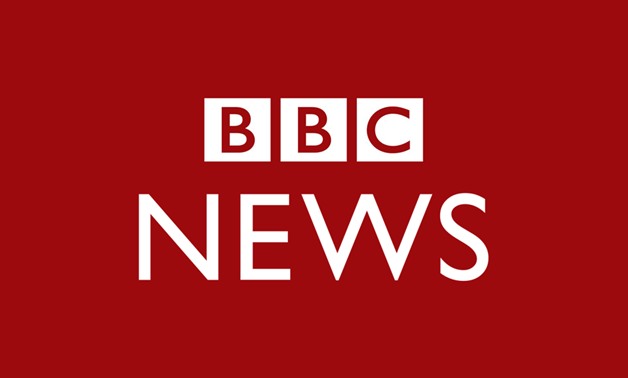
BBC logo
CAIRO – 23 March 2019: The Supreme Council for Media Regulation (SCMR) on Friday criticized the British Broadcasting Corporation (BBC) for hosting Yasser al-Omda, a member of Egypt’s terror list, who commented on local affairs. Omda’s name was added to terrorist figures’ lists in 2018.
“The UK network has made a huge mistake,” said Egypt’s Supreme Council for Media Regulation in a statement.
Yasser Al-Omda was previously listed by the Criminal Court of Cairo along with 187 others on terror lists for five years. He is a permanent guest of a number of channels of the Muslim Brotherhood organization that broadcasts from Turkey. Omda left Cairo after the June 30, 2013 as he was accused of inciting against Egypt.
Jamal Shawki, the head of the complaints department at the council, said they received a complaint accusing the BBC channel of insulting Egyptian people. The committee listened to the episode and found that “it contained clear and explicit words and phrases insulting the Egyptian people.”
In its report, BBC Arabic said that the so-called campaign “You are not alone", that criticizes the political regime in Egypt, has reappeared and that a number of governorates are witnessing protests against President Abdel Fatah al-Sisi, as a result. Omda, who is residing in Turkey, gave in accurate remarks on the campaign too, which stirred anger among some social media users.
Several media outlets rose against BBC for what they accused the UK network of “inaccurate and false” reporting, as they published comments by social media users denying any signs of protests across the country.
Not the first incident where BBC was on fire due to its reports on Egypt, on April 8, 2017 the channel issued a report claimed that Egyptian woman Zubeida Ibrahim disappeared, sending a controversy regarding alleged “enforced disappearance” systematically practiced in the country.
On the other hand, the Egypt State Information Service (SIS) issued a statement on the appearance of Zubeida Ibrahim, who was mistakenly reported by BBC to be enforced disappeared in Egypt, on a talk show aired on ON E, criticizing the unprofessional reporting and allegations made by the English network on the situation in Egypt.
SIS said that Ibrahim’s interview with ON E entirely disproves the authenticity of the BBC report on her enforced disappearance and torture. The statement stressed the authenticity of the remarks and criticism mentioned in the SIS earlier statement in response to the BBC report regarding the other issues it included, biased attitudes and personal impressions adopted by the report writer towards Egypt.
The young female said that her mother's false statements to BBC were given because the mother did not know her daughter’s whereabouts, Ibrahim asked her mother to forgive her and to accept to meet her as soon as possible.
Ibrahim revealed that she did not know anything about BBC’s controversial report, as she does not follow the news or the public affairs.
The same happened back in August 2017 when a student, Mohamed Magdy el-Dalaay, went missing, was thought to have been abducted by security forces but had actually joined IS according to a video of him that circulated on social media at the time.

Comments
Leave a Comment